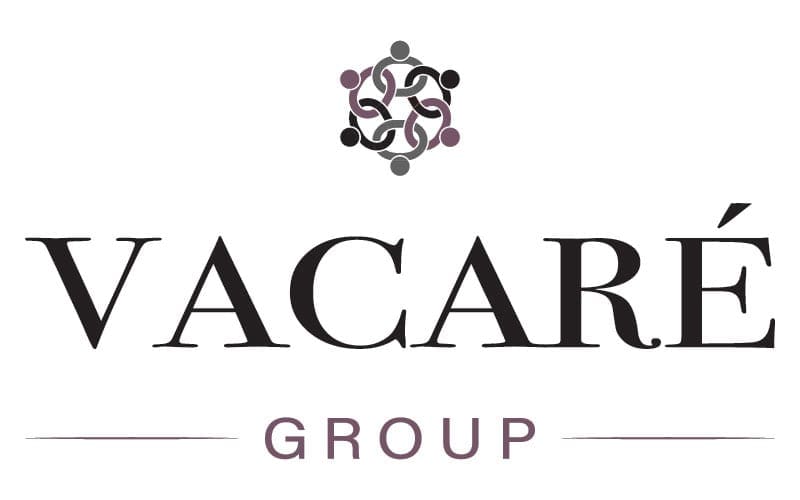
P.C. IStock
Company culture reflects an organization’s values, passions, and overall work environment. When considering new job opportunities, candidates prioritize company culture for several reasons. Firstly, it creates a sense of alignment with their personal values and professional aspirations. Candidates seek an organization where they feel a genuine connection and shared purpose.
A positive company culture fosters a sense of belonging and community. Candidates are drawn to workplaces that promote collaboration, open communication, and mutual support. A nurturing culture enables employees to thrive, contribute their best work, and build strong relationships with colleagues.
Company culture also influences a candidate’s perception of work-life balance. Organizations that prioritize employee well-being and offer flexible work arrangements are highly appealing. Candidates value an environment that respects their personal lives and encourages a healthy work-life integration.
In addition, company culture contributes to employee engagement and job satisfaction. Candidates understand that a positive culture enhances their overall experience within the organization. A supportive and inclusive culture promotes employee motivation, productivity, and long-term commitment.
Company culture is often an indicator of the organization’s reputation. Candidates assess the culture to evaluate the company’s integrity, ethics, and commitment to diversity and inclusion. A strong culture helps attract top talent who seek to join an organization known for its positive values and ethical practices.
During the recruiting process, candidates conduct thorough research on prospective employers. They seek clues about company culture through various channels, including the organization’s website, social media presence, and employee testimonials. This information helps candidates assess their fit within the organization and make informed decisions.
To attract top talent, organizations must proactively showcase their culture during the recruitment process. Transparent communication about company values, initiatives, and employee experiences can help candidates envision themselves as part of the organization. Utilizing employer branding strategies that highlight the unique aspects of the company culture is also crucial.
In conclusion, company culture holds immense importance to candidates, so in turn should hold immense importance to companies trying to attract talent. Candidates prioritize organizations with positive cultures that reflect their values and offer a supportive and inclusive work environment. Recognizing the significance of company culture and effectively communicating it to candidates are key factors in not only attracting and retaining top talent.

